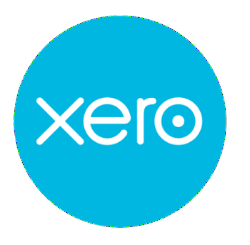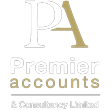
PRAGMATIC BOOKKEEPING ... routines and priorities
Even though bookkeeping technology is evolving quickly, underlying core principles remain the same. Businesses must have in place a robust and practical system to record all money transactions in and out of their organisation, plus a firm grip on finances.
Simple, swift and easy to understand.
While the Cloud revolution promises to take modern bookkeeping beyond ordinary computing as we currently know it into the digital universe, there are still sound good practice principles that companies should apply to avoid confusion, lost time and any breach of legislation.
It is the responsibility of anyone running a business to keep accurate, up-to-date records of all financial transactions. However, there are other benefits too. A simple, swift, easy-to-use and readily understood system is also an invaluable asset for both well-informed commercial decision-making and monitoring the day-to-day performance of a busy business.

Best practice and useful tips
By law, you must keep a reliable financial record of your company's purchases, sales, wages paid to all employees, plus additional transactions such as new borrowings or loan repayments. You also need to retain bank statements, plus any chequebook or paying-in stubs.
It is wise to store all invoices and receipts safely, as well as records for any petty cash expenses. Where relevant, till rolls may be added to this list. For easy retrieval, documents are best organised and separated in a simple filing system. In parallel, details should also be entered into your accounting software, or preferably uploaded via mobile devices into the Cloud. Receipt Bank as its name implies processes receipts digitally in real-time throughout the working day - simply photograph loose bits of paper with your mobile phone and use the app to enter them into the system. Services such as Xero then allow them to be reconciled automatically along with your other transactions and reviewed online instantly wherever you happen to be working.
The net result should be an extremely useful up-to-dated snapshot of, for example, total monthly sales/earnings, or alternatively invoices yet to be paid.

Business v personal
It is also very good practice to keep business and personal financial records apart - for sole traders a separate business bank account is recommended. A record of any business purchases bought with a personal debit or credit card should be logged so that you can repay yourself later.
By law, you must hold on to business financial records for six years, and payment records for at least three. HMRC is entitled to ask to see them. To make any subsequent inquiries easier, by 2020 HMRC wants more businesses to keep digital tax records and update them on a quarterly basis. Data held in the Cloud will be recognised as a primary source of record keeping.
Notwithstanding the growing convenience of Cloud bookkeeping - which crucially means that you can work very closely with your accountant - it is still advisable to set aside an uninterrupted period each week to make sure that your records are right up to date. Trying to remember small details days or weeks later is fraught with difficulty. Making your books a regular weekly habit also stops a daunting backlog of numbers and records building up to be processed. The risk of duplication - or omission - is also reduced significantly. This is particularly important in the case of petty cash where memory is not the strongest financial tool!
One final essential check is to make quite sure that all paper and electronic files are kept safe - an issue that is resolved automatically with Cloud accounting. All IT should be well protected, backed-up systematically and stored securely.
Help!
Additional official advice on financial record keeping for both self-employed business people and those running small businesses is available at www.gov.uk.

